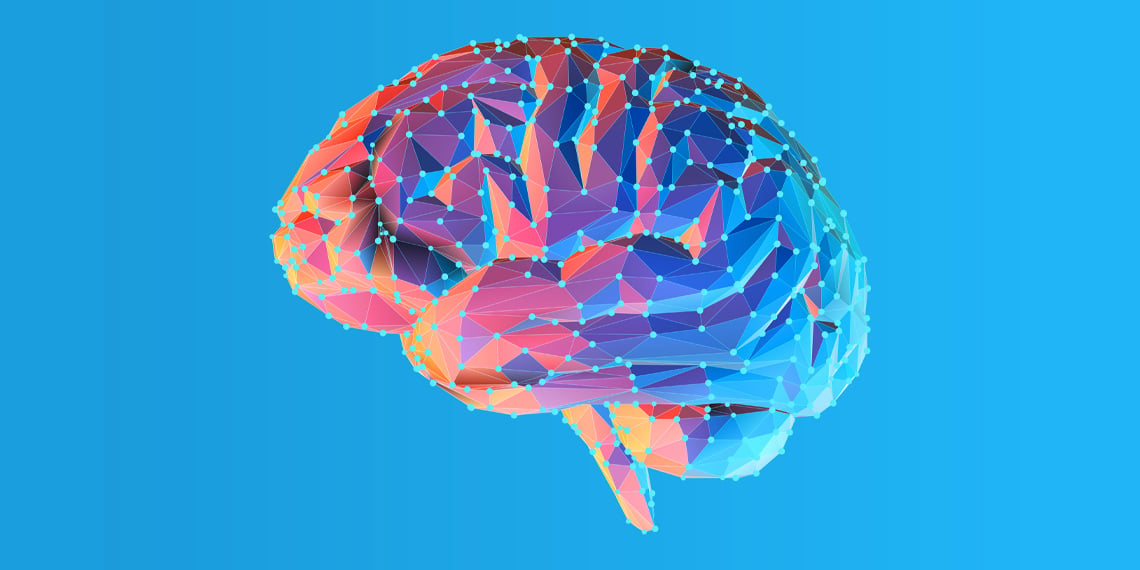Fleshy bag of mostly water in head wants dopamine and will get it at all costs.
This is very interesting. It further highlights how we need more research into addiction, its causes and treatment options.
The researchers discovered a significant positive relationship between BMI and insula activation. In simpler terms, the more overweight a person was, the more their insula region responded when presented with the possibility of a reward. This finding suggests that the brains of individuals with higher BMIs might be more sensitive to rewarding stimuli.
“The major take away from our study should be that the brains of people with obesity respond more strongly to rewards (money, not just food rewards!) than those of people within the normal weight range,” Richter told PsyPost. “This finding supports previous studies that found aberrations in brain volume in areas that process rewards in participants with obesity.”
Interestingly, when the researchers excluded participants with obesity from their analysis, the link between BMI and heightened reward responses disappeared.
Solid win for my depression
deleted by creator
Wait? Whats obvious here? Did you read the article? Or even the summary? It seems like maybe not
No no, they are able to shit just fine but their brains tend to be more sensitive to rewarding stimuli in general.
Science and data are good, actually.
It’s tiring to see, every time a study examining some well-known phenomenon is published, the same obnoxious comment of “hurr durr like we needed a study on this i am very smart”.
Beyond the fact that having rigorous data that actually supports our intuitions is very valuable - since our obvious intuitions are often completely incorrect - understanding the deeper mechanisms behind these things can be extremely useful when examining how you might design interventions. If we known that oversensitivity to rewards processing is a key factor in obesity, that gives us something to target, across a wide array of methods. Drugs might try to mute that reward response, or alternatively boost it for more healthy foods. Perhaps there’s some ingredient with no negative health effects that elicits a strong reward response and can be added to healthy, satiating and low calorie foods, for instance. Perhaps there are psychological interventions or therapies that can tweak that response as well. There’s a world to explore there, and having a specific biological mechanism to target and data to support that is invaluable.
I’d remind you disease being caused by bad humors was a “no shit, Sherlock” thing not all that long ago. How many people to this day think that cold air is the cause of the common cold (after all, it’s literally in the name, duh)? I probably don’t need to say anything about vaccines.
So again, science is good, actually.



